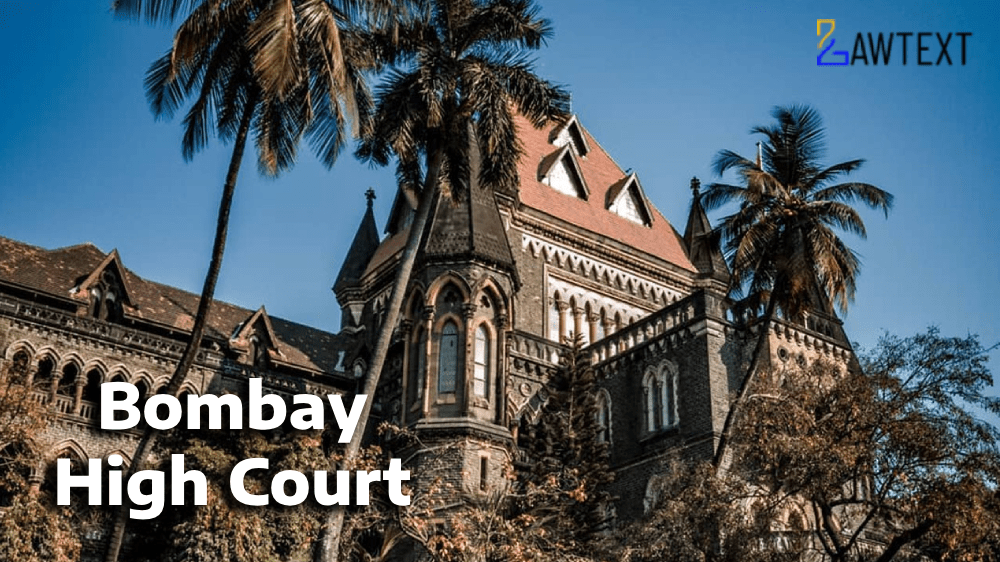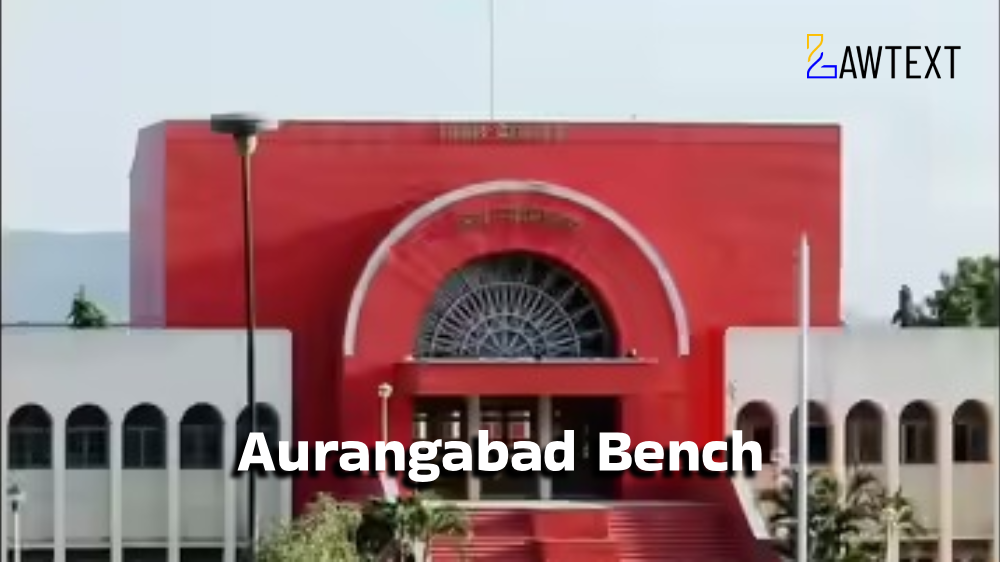Case Note & Summary
The Supreme Court of India affirmed that the approval of a resolution plan for a corporate guarantor does not absolve the principal borrower of its liabilities. The liability of the guarantor is independent and co-extensive with that of the principal borrower. The creditor can proceed against both the guarantor and the principal borrower, and assets of a subsidiary cannot be included in the resolution plan of the holding company. The financial creditor retains the right to pursue remedies against both for debt recovery. The Court also clarified the rights of guarantors under Section 140 of the Contract Act, stating that partial payment by the guarantor does not trigger the right of subrogation.
Applicability of Previous Court DecisionsThe Court affirmed the principle from previous rulings, stating that the appellant's right to recover money from guarantors is unaffected by the inability to recover from the principal borrower. The Nationalisation Act alters the recovery method but does not terminate the principal borrower's liability.
UK Supreme Court on Double ProofThe UK Supreme Court in Kaupthing Singer & Friedlander Ltd. emphasized that a creditor cannot recover more than the owed amount even if proceeding against both the principal debtor and the guarantor.
Approval of Resolution Plan and Guarantor's LiabilityThe Court held that the approval of a resolution plan does not discharge a personal guarantor's liabilities under a contract of guarantee. The liability of the guarantor remains independent of the principal borrower’s insolvency resolution.
Section 31 of the IBCThis section stipulates that an approved resolution plan is binding on all stakeholders, including guarantors. A corporate guarantor’s liability may end by operation of law, but the principal borrower remains liable for any unpaid debt.
Simultaneous Proceedings under the IBCSection 60 of the IBC allows for simultaneous insolvency proceedings against the corporate debtor and guarantor, ensuring consistent handling of all related cases by the adjudicating authority.
Assets of Corporate Debtor in CIRP of Corporate GuarantorThe Court clarified that the assets of a subsidiary cannot be included in the resolution plan of its holding company, maintaining their distinct legal identities.
Duties of Interim Resolution Professional and Liquidation EstateSections 18 and 36 of the IBC outline the duties of the interim resolution professional and define the liquidation estate, excluding the assets of subsidiaries from the liquidation estate of the corporate debtor.
Shareholder Interests in Company AssetsThe Court reiterated that shareholders do not have a direct interest in the company's assets, which are owned by the company as a separate legal entity.
Subrogation under Section 140 of the Contract ActThe Court discussed the rights of a guarantor under Section 140, emphasizing that a guarantor can recover from the principal debtor only the amount they have paid on behalf of the debtor.
Conclusions Payment under a corporate guarantor’s resolution plan does not extinguish the principal borrower’s liability. Assets of subsidiaries cannot be included in the holding company’s resolution plan. Financial creditors can file separate or simultaneous applications against corporate debtors and guarantors under Section 7 of the IBC. Final DecisionThe appeal was dismissed, upholding the NCLAT's view that the financial creditor's rights against the corporate debtor remain intact despite the resolution plan for the corporate guarantor.
Issue of Consideration: BRS Ventures Investments Ltd. Versus SREI Infrastructure Finance Ltd. & Anr.
Premium Content
The Issue of Consideration is only available to subscribed members.
Subscribe Now to access critical case issues








